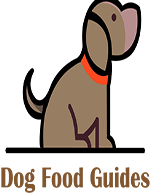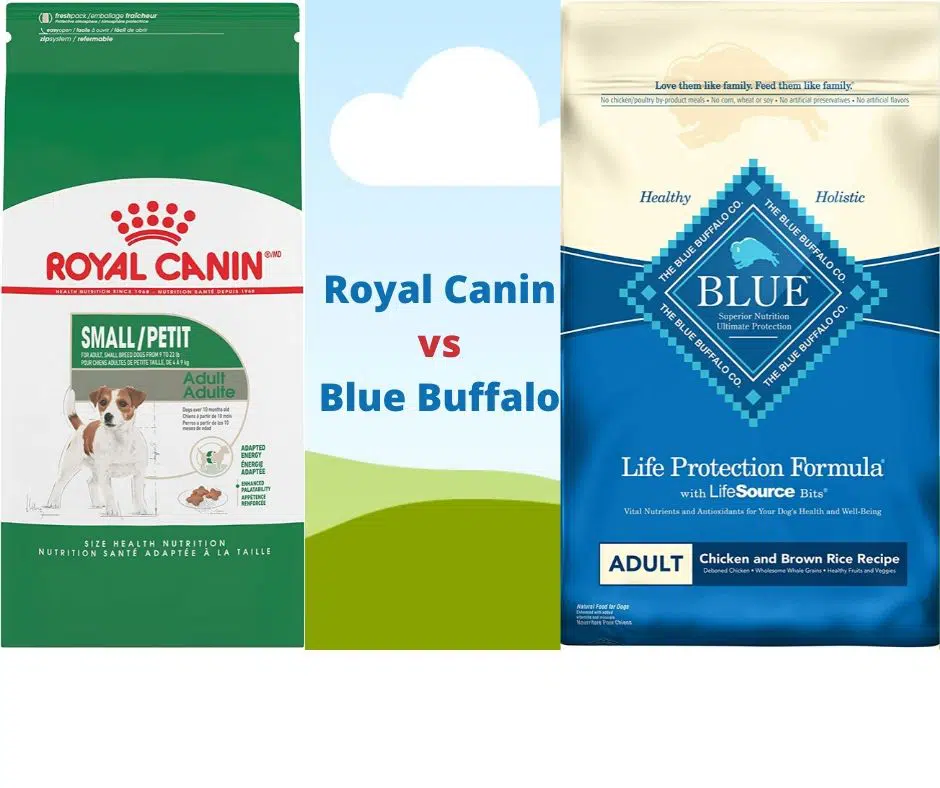This post may contain affiliate links. If you use these links to buy something we may earn a small commission. Thanks.
Just like humans, dogs have different dietary needs at different stages of their lives. Regular dog food may be perfect for an energetic, growing puppy, but as your furry friend enters their golden years, it’s worth considering the transition to senior dog food. But what exactly is the difference between senior dog food and regular dog food? Let’s delve into the specific nutritional needs of older dogs and how senior dog food caters to those requirements.
Dietary Needs of Dogs at Different Life Stages
Puppies need food high in protein and calories to support their rapid growth and high energy levels. Adult dogs require a balanced diet with proteins, carbohydrates, and fats to maintain their health and activity levels. Senior dogs, however, often have slower metabolism and may be less active. They might also have age-related health issues such as arthritis, obesity, dental problems, or kidney disease. Therefore, their diet should be tailored to support their changing needs and health.
Comparison between Regular Dog Food vs Seniors Dog Food
| Fact | Regular Dog Food | Senior Dog Food |
|---|---|---|
| Caloric Content | Higher, to cater for active, growing dogs | Lower, to match reduced activity and slower metabolism |
| Protein Content | Balanced protein levels suitable for active, adult dogs | High-quality, easily digestible proteins; may have higher protein content |
| Sodium Content | Normal sodium content | Often reduced to decrease the risk of high blood pressure and heart disease |
| Fiber Content | Normal fiber content for regular digestion | Increased fiber content for improved digestion and nutrient absorption |
| Fatty Acids | Balanced Omega-3 and Omega-6 fatty acids | Increased levels of essential fatty acids for skin/coat health, inflammation reduction, and cognitive support |
| Added Supplements | May contain some supplements depending on the brand | Often contains supplements like glucosamine, chondroitin, antioxidants, and probiotics |
Remember, always consult with your vet about the best diet for your dog based on their individual needs and health status.
What Makes Senior Dog Food Different?
Lower Calories
One of the main differences between senior dog food and regular dog food is the calorie content. As dogs age, their metabolism slows down, and they tend to be less active. This means they don’t burn calories as quickly as when they were younger. Senior dog foods are often formulated with fewer calories to help prevent obesity.
High-Quality Proteins
Senior dog foods usually contain high-quality proteins that are easier to digest. This is important for maintaining muscle mass and supporting the immune system in older dogs. Some senior dog foods may even contain higher amounts of protein than regular dog food.
Reduced Sodium
Senior dog food is often lower in sodium to decrease the risk of high blood pressure and heart disease, which are common in older dogs.
Added Fiber
Senior dog food may have more fiber than regular dog food to help support a healthy digestive system. As dogs age, they can experience changes in their digestive systems that make it harder to absorb nutrients and eliminate waste. Increased dietary fiber can help manage these issues.
Essential Fatty Acids
Senior dog foods often contain higher amounts of essential fatty acids like Omega-3 and Omega-6. These are beneficial for maintaining a healthy coat and skin, reducing inflammation, and supporting cognitive function.
Added Supplements
Many senior dog foods include supplements like glucosamine and chondroitin for joint health, antioxidants for immune support, and probiotics for digestion.
Transitioning to Senior Dog Food
While age is a factor in deciding when to switch to senior dog food, it’s not the only one. Factors such as breed, size, and health status also matter. Smaller dogs tend to age slower than larger breeds. Your veterinarian can provide personalized advice based on your dog’s individual needs.
Transitioning your dog to a new food should be done gradually, over a week or two, to prevent digestive upset. Start by replacing a small portion of their current food with the senior food, gradually increasing the amount of new food and decreasing the amount of regular food.
Frequently asked questions about the senior dog food and regular dog food
Q: At what age should I switch my dog to senior food?
It depends on factors like breed, size, and health status. Generally, small to medium-sized dogs are considered senior at around 7 years, while larger breeds at around 5-6 years. Your vet can provide the best advice.
Q: Is it necessary to switch my dog to senior dog food if they’re not overweight?
Senior dog food isn’t only beneficial for weight control. It also contains easily digestible proteins, additional fiber, and supplements that can support an older dog’s overall health. However, always consult with your vet before making any changes.
Q: Can a younger dog eat senior dog food?
While it wouldn’t generally harm a younger dog, senior dog food is specifically formulated for the dietary needs of older dogs. It might not provide the necessary nutrients and calorie content a younger, more active dog needs.
Q: How should I transition my dog to senior food?
Switch to senior dog food gradually over a week or two to prevent digestive upset. Start by replacing a small portion of their current food with the senior food, gradually increasing the amount of new food and decreasing the amount of regular food.
Q: Is wet senior dog food better than dry?
Both wet and dry senior dog foods have their benefits. Wet food is easier to eat and can be beneficial for dogs with dental issues or decreased appetite, while dry food can be better for dental health. Your vet can guide you based on your dog’s specific needs.
Q: Can senior dog food help with my dog’s joint problems?
Many senior dog foods contain supplements like glucosamine and chondroitin, which are beneficial for joint health. However, if your dog has significant joint issues, you should consult your vet for the best dietary and medical solutions.
Conclusion
Senior dog food is specifically designed to cater to the unique nutritional needs of older dogs. As your pet enters their senior years, it’s essential to discuss their dietary needs with your vet and consider whether it’s time to make the switch. The right diet can help keep your aging furry friend healthy, happy, and active well into their golden years.


